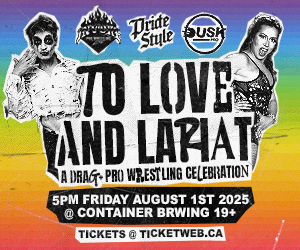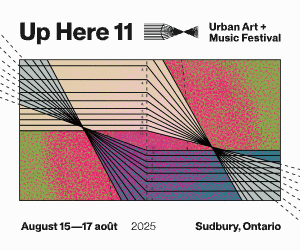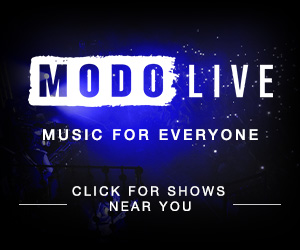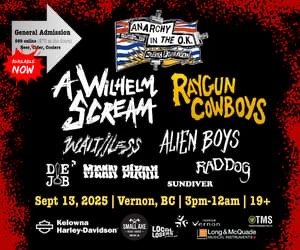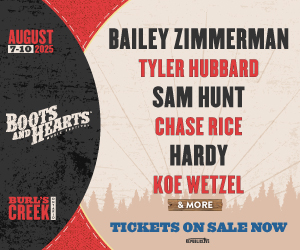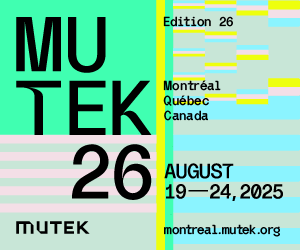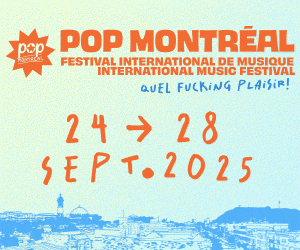Pardoner Aren’t Worried About the Future of Music
The San Francisco punks are committed to the bit, even if the pay is shit.
By Sebastian Buzzalino
Photos by Marisa Kriangwiwat Holmes
- Published on
Freeland is sharing a couch with his bandmates in a poorly lit jam space in San Francisco, where they’re running their set and kicking out the jams ahead of their upcoming west coast tour in support of their upcoming EP, Paranoid in Hell, out now via Convulse Records. The four of them, rounded out by Trey Flanigan (vocals, guitar), Colin Burris (bass) and River van den Berghe (drums), jockey for position on a vertically-oriented phone as we work through ideas surrounding what it means to make music in late-stage capitalism, mature social media environments, and an economic landscape in which making music is largely unprofitable and impractical. Growing up punk before the cynicism set up, we naturally turn to ways of resisting the asymmetrical power dynamics that are so much bigger than any single one of us.
“I’ve said this before, but, I feel like anytime somebody interviews us or asks about [‘90s slacker rock influences,] it’s like, ‘So you guys are basically pathetic fucking slackers.’
“There is a kind of resistance via inaction, I guess,” continues Freeland. In a milieu where any sort of activity is plastered on social media in an attempt to monetize it, you have to tune in, drop out. Or: you can’t be late to trends if you never show up. “I don’t want to participate in that weird scam culture shit. I don’t think any of us do. It’s gross. It’s disingenuous. There’s nothing sadder than being on Instagram and a band you don’t follow is like, ‘Before you skip this story, please check us out, man!’ ”
Pardoner are no strangers to cultural criticism in their music. 2023’s acclaimed full-length, Peace Loving People, really set the band apart from their peers not only on the strength of their songwriting, but on their incisive ability to skewer some of the more egregious forces that guide the music industry as a whole.
I don’t care about the future of music
I don’t care about the future of music
I don’t care about your bland innovation
Don’t wanna hear your song on my station
I don’t care about the future of art
You killed the soul and you trampled the heart
Who gives a shit that you’re all ditching guitars
Maybe the journalist will make you a star
— “Future of Music”
lead single off Paranoid in Hell
Freeland’s laconic drawl and dry wit sets up an ironic distance in their criticism, but as the interview meanders around talk of what it means to make music today, it’s clear that the four of them deeply love what they do and the community they’ve formed around themselves.


“We keep doing what we do because we keep getting opportunities,” says Burris. “Like, yeah, we don’t expect to make any money at this. But, a friend of ours with a label we like wanted to work with us, so that’s a cool opportunity. Why not take it? You know how much money it costs to put out a record? It’s insane.”
“We’re still having a lot of fun doing it. I don’t think we ever expected to make a living, you know? We just want to play music and have fun,” says van den Berghe.
“I feel like that’s a weird thing about the industry discourse: I feel like everyone’s saying, ‘We’re not making enough money,’ or whatever,” agrees Freeland. “But like, this isn’t a job. You have a job for money. Yes, people should get paid for their art. And yes, the streaming shit is awful: the amount of money they pay a musician is nothing… At least people are listening to my band and I’m not making money. 20 years ago, no one would be listening to my band.
“It has always sucked,” he laughs. “It just sucks in a new, different way now.”
That the world continues to suck in new and different ways is pretty much a constant for our generation at this point. Every generation of musicians since Gen X has watched their small corner of the world change, deteriorate, get bled out and squeezed for an increasingly smaller slice of a wilting pie. Though they don’t all currently live in San Francisco these days, Pardoner have been steeped in the city’s forever-changing landscape — especially as Silicon Valley metastasized into the behemoth it is today and made it one of the most expensive and prohibitive cities in the world, especially for DIY artists trying to eke out an existence.

“When we first started playing here [in 2015,] I feel like you could still play in people’s houses and stuff for DIY shows,” says Freeland “Although it feels like it was winding down around there.”
“Yea, after The Ghost Ship closed, I feel like pretty much every DIY space in the Bay Area stopped doing shows,” says Flanigan. “But there are some new young people trying to do cool DIY stuff out here, though.”
“I feel like it was easier back then,” says Freeland. “Easier to start a band and play low-stakes shows. As time went on and those places all went away, maybe interest in doing something like that starts to wane.”
“It’s really hard to find the motivation to do the hard stuff when the barrier of entry feels really high,” continues Flanigan. “This isn’t even an insult to venues, but you know, they want a certain amount of attendance, they have to staff people, they have to make it worth their while. But like, at SUB/Mission, I think it was like you give them $100 and do whatever you want in there for six hours.
“If you’re starting a band, that seems really doable.”
Pardoner may have evolved past those beginning stages of their career, now to the point where they can treat themselves to hotel rooms on the road without totally blowing their budget, but their DIY ethos continues to burn bright at their core. They’ve made some peace with the larger state of the industry (even if they continue to take aim with their criticism) and know the concessions it takes to tour the country and play music with your friends. They’re set to rip up the west coast on a quick tour alongside Nick Normal and Guitar in support of Paranoid in Hell. There’s resistance in being able to carve out your own path, even if you’re not min-maxing your revenue streams and realising pools of profits.
“I think we’re bad at doing a lot of the shit we’re ‘supposed’ to be doing,” laughs Freeland. “I’m not trying to phrase like we’d be as big as the fucking Beatles, but yeah, maybe if we put our minds to it, we could have probably made more money, probably played some bigger shows. But, I don’t know, it’s just that I think this is supposed to be fun.”
By Leslie Ken Chu
The rock stalwarts lean into vulnerability and nuance, proving that evolution doesn’t have to mean softening the blow.
By Cam Delisle
The pop veteran beamed into Rogers Arena Tuesday night with a glitchy arsenal of remixed hits—some faring better than others in her AI-styled end-of-the-world fantasia.




